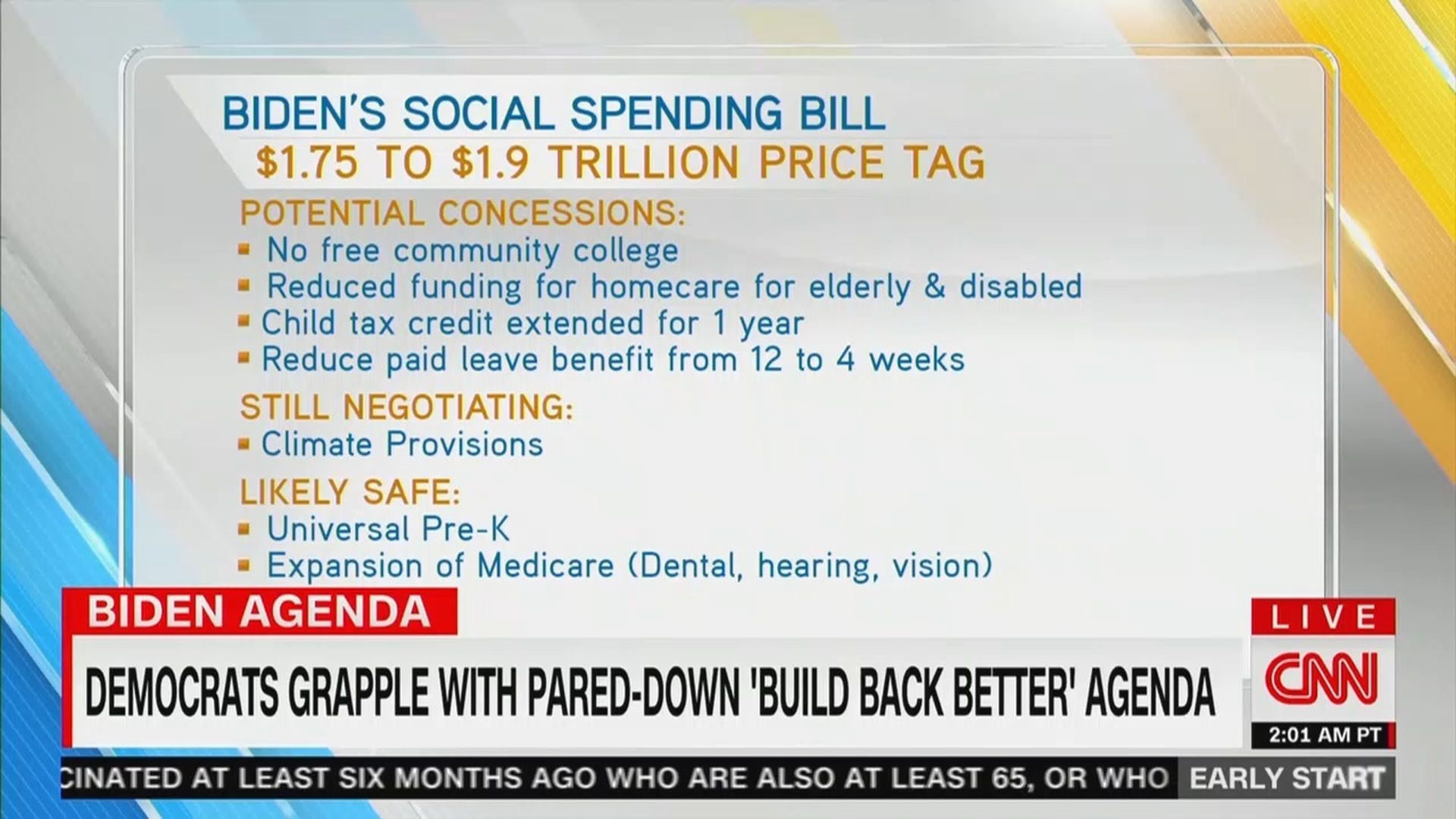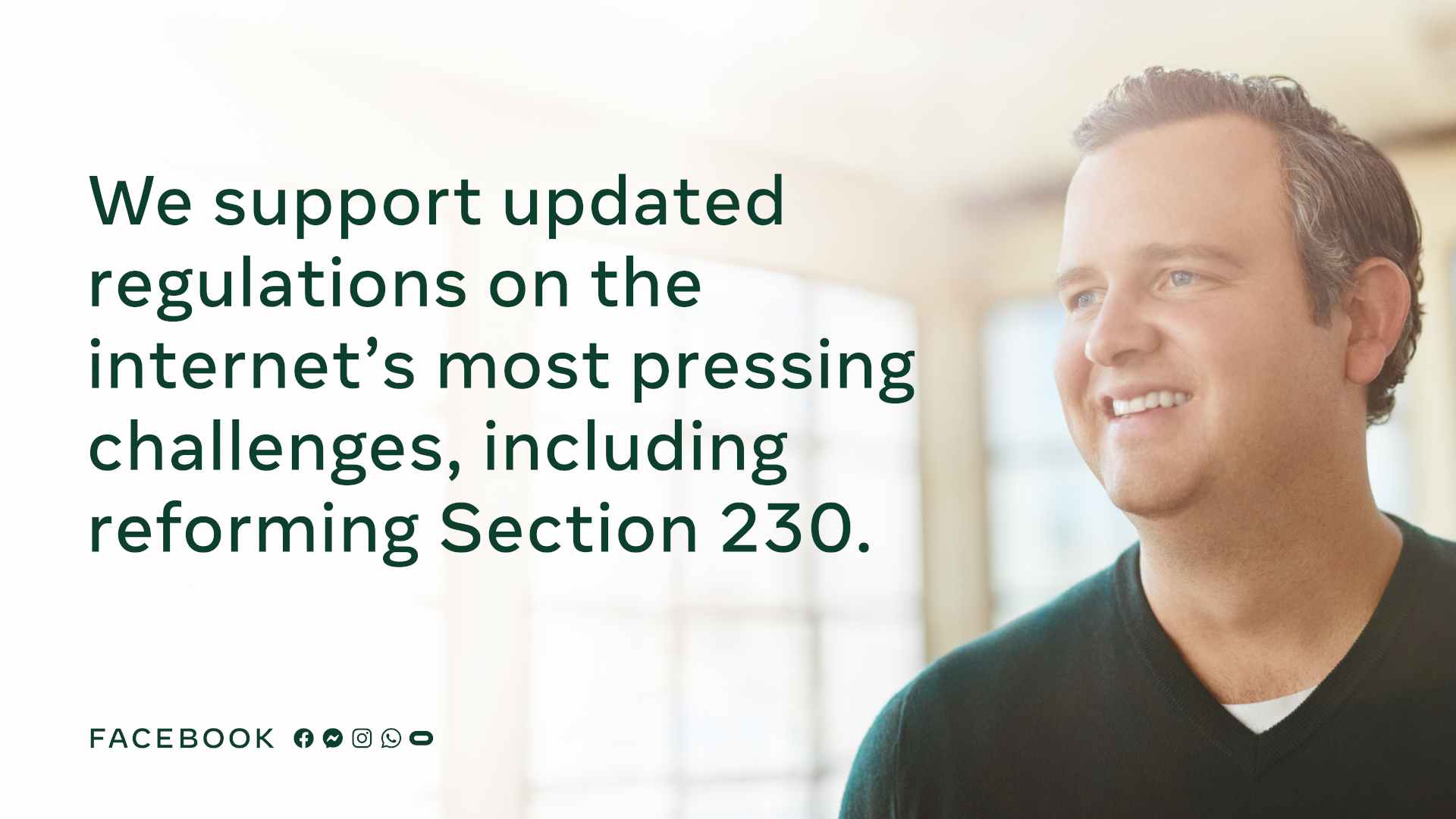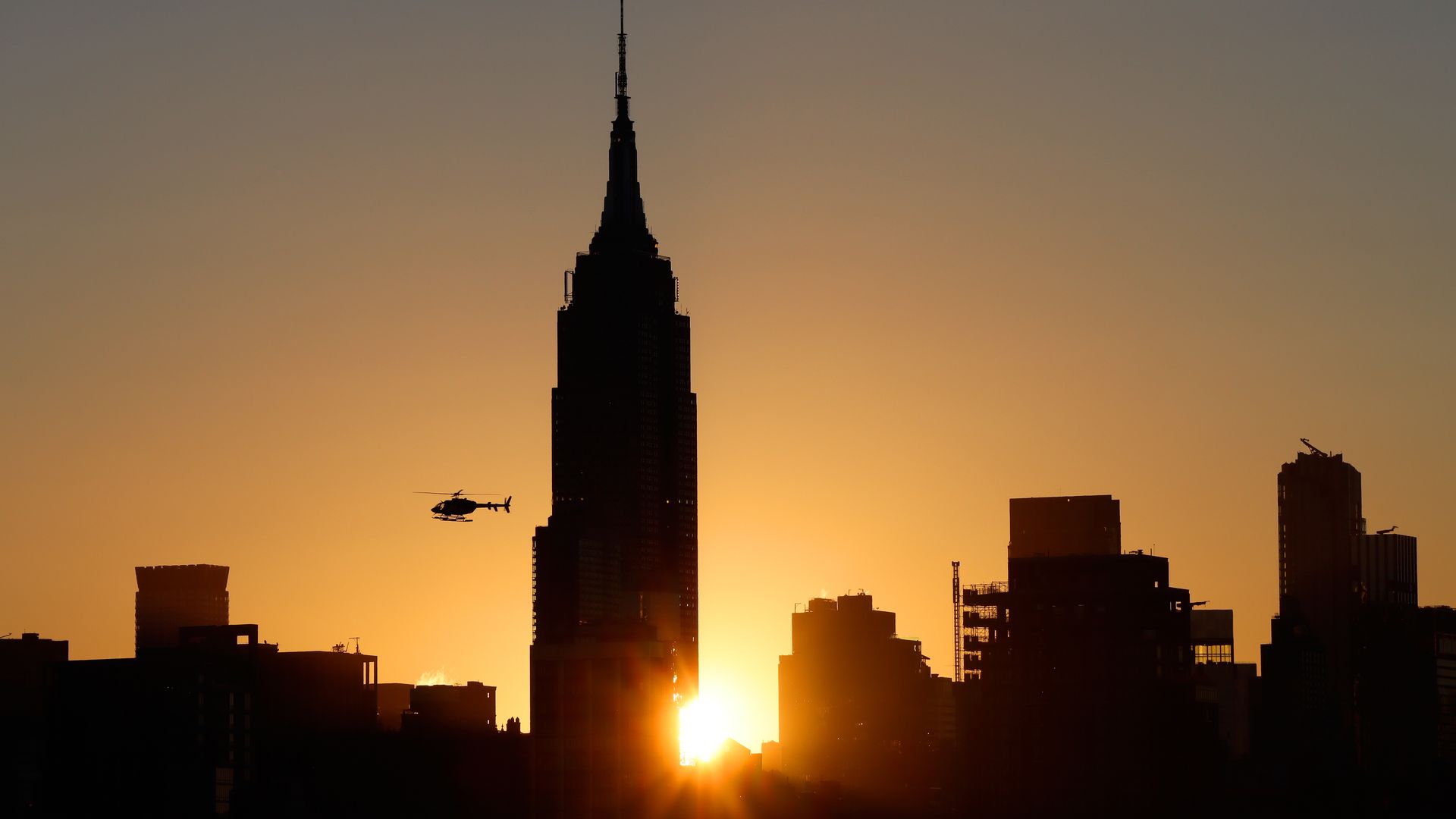| |
| |
| |
| Presented By Facebook |
| |
| Axios AM |
| By Mike Allen ·Oct 21, 2021 |
| Good Thursday morning. Smart Brevity™ count: 1,187 words ... 4½ minutes. Edited by Zachary Basu. ⬆️ At 12:30 p.m. ET today, please join Axios' Russell Contreras and Hope King for a virtual event on socioeconomic mobility. Guests include Maryland governor candidate Wes Moore (D) and National Domestic Workers Alliance executive director Ai-jen Poo. Register here. |
| |
| |
| 1 big thing: Pandemic rebound |
 |
|
| Illustration: Sarah Grillo/Axios |
| |
| WeWork today becomes a public company worth $9 billion — after spectacularly imploding in 2019, Axios Capital author Felix Salmon writes. - Why it matters: For many big companies at death's door after COVID hit, that which didn't kill them made them stronger.
Hertz, Alamo Drafthouse and Airbnb are among the currently thriving companies that were slammed in the early days of the pandemic. - As former Fast Company editor Bill Taylor put it: "Companies Can't Be Great Unless They've Almost Failed."
Zoom out: Companies that have returned more than 10,000% over 30 years — "superstocks," as christened by fund manager William Bernstein of Efficient Frontier Advisors — all tend to crash at least once along the way. - Buying Apple stock 30 years ago would have been a fantastic investment, for instance: A $100 investment in October 1991 would be worth some $40,000 today.
- But it was a bumpy ride: The same $100 would have been worth just $26.75 at the end of 1997.
Zoom in: The pandemic dealt a near-fatal blow to many companies, especially in the services sector, which were then forced to retrench and rationalize. - Airbnb laid off a quarter of its workforce when the pandemic hit. It went public at the end of 2020 and is now worth $100 billion+.
- Hertz and Alamo Drafthouse both went through cleansing bankruptcies before emerging as stronger versions of their former selves, no longer burdened with legacy debts and unwanted properties.
Share this story. |
    |
| |
| |
| 2. America's great battery rush |
 |
|
| Illustration: Annelise Capossela/Axios |
| |
| Almost every week, another major automaker announces a billion-dollar-plus investment in battery manufacturing, and with it, thousands of new American jobs, Axios' Joann Muller writes from Detroit. - Why it matters: Carmakers are racing to create battery capacity to match their aggressive rollout of electric vehicles. They want to avoid another crisis like the current semiconductor shortage.
State of play: Toyota and Stellantis (parent of Chrysler/Jeep) this week joined other majors planning giant battery factories in North America. - These moves are ahead of demand. But forecasters predict the EV shift will occur quickly as more plug-in models are introduced, and as governments increase requirements for zero-emissions vehicles.
Keep reading. |
    |
| |
| |
| 3. Biden's chopping block |
 |
|
| Graphic: CNN |
| |
| Free community college is a likely victim of the Hill's frantic effort to roughly halve President Biden's $3.5 trillion in social-spending plans. Dr. Jill Biden, a community college professor, gave a preview of both the plans and the message, in an interview with ABC's Robin Roberts. - "We're not giving up," the first lady said when asked about the expected community-college loss. "This is Round 1. This is Year 1. ... We're gonna get this done."
Reality check: The deal outline sketched in the graphic above would still be a historic win — in size and effect on the country. - James Carville on CNN: "It looks there's some chance that he could land this plane. ... [I]f they get this infrastructure bill through, it's gonna be ... a torrential amount of accomplishments in the first year."
|
    |
| |
| |
| A message from Facebook |
| Why Facebook supports updated internet regulations |
| |
 |
| |
| Jack is one of 40,000 people working on safety and security issues at Facebook. Hear more from Jack on why Facebook supports updating regulations on the internet's most pressing challenges, including content moderation. |
| |
| |
| 4. Our weekly map: COVID on the run |
 Data: N.Y. Times. Cartogram: Kavya Beheraj/Axios The Delta wave continues to recede, and vaccines for kids — which could become available within weeks — will improve the situation even further, Axios senior editor Sam Baker writes. - The U.S. is averaging 79,000 new cases per day — a 22% drop over the past two weeks.
- COVID deaths have fallen by 14% over the same period, to an average of 1,600 per day.
Where it stands: Hawaii has the lowest number of new cases relative to its population, followed by Florida and Louisiana — which were hotbeds this summer. - Alaska, Montana and Idaho have the highest number of cases relative to their populations.
Share this map. |
    |
| |
| |
| 5. Trump's new social network |
 |
|
| The logo for Trump's new venture. Photo: Chris Delmas/AFP via Getty Images |
| |
| Former President Trump last night announced plans to launch a social media network called "Truth Social," which is to go public via a SPAC, Axios' Sara Fischer and Dan Primack report. - Why it matters: Most ex-presidents focus on their legacies — creating presidential libraries or engaging in philanthropy. Trump remains consumed by social media.
The holding company for the app is called Trump Media & Technology Group (TMTG). - Truth Social plans to begin a beta launch for invited guests in November. A nationwide rollout is expected in Q1 2022.
What we're watching: Jason Miller, a former aide to Trump, launched a new social app, GETTR, in July. - "Congratulations to President Trump for re-entering the social media fray!" Miller texted us last night. "President Trump has always been a great deal-maker, but we just couldn't come to terms on a deal. And get ready for the new platform features GETTR has on the way."
See the deck ... Share this story. |
    |
| |
| |
| 6. 📦 Charted: Amazon passes Fed Ex |
 Reproduced from Supply Chain Dive. Chart: Axios Visuals Amazon isn't known primarily as a logistics company, but in 2020 the company shipped more parcels than FedEx, Axios' Erica Pandey writes. - Why it matters: Amazon had zero share of the U.S. shipping market as recently as 2014.
Logistics is a $1.5 trillion business, and it has long been controlled by a handful of players — FedEx, UPS and the Postal Service. - Amazon has 21% of the U.S. shipping market — behind UPS (24%) and ahead of FedEx (16%). The Postal Service remains dominant — 38%.
- All other shippers account for just 1%, according to Pitney Bowes.
Share this story. |
    |
| |
| |
| 7. 📚 First look: David Gergen's playbook for young leaders |
 |
|
| Cover: Simon & Schuster |
| |
| Coming May 10 from David Gergen, White House adviser to four U.S. presidents of both parties (Nixon, Ford, Reagan, and Clinton) ... "Hearts Touched With Fire: How Great Leaders are Made." - Gergen says in a statement from Simon & Schuster: "Amidst growing perils to our democracy, one of America's best hopes for the future is to pass the torch to a new generation of leaders — young people with fresh vision and a fierce dedication to progress."
- "Drawing upon a half century I have spent in the public arena as well the lives of many others," Gergen says, "'Hearts Touched With Fire' is written as a practical playbook for anyone who seeks to become a great leader. Taken together, I hope the stories here will strengthen your faith that our democracy can ultimately prevail."
Robert Barnett was the counsel to the counselor. |
    |
| |
| |
| 8. 1 for the road: New Yorkers' new complaint |
 |
|
| Photo: Gary Hershorn/Getty Images |
| |
| New York City's 311 hotline received 17,733 complaints about helicopter noise through September, tripling last year's figure and eclipsing the total number of calls made in 2019 and 2020 combined, the N.Y. Times reports (subscription). - Why it matters: City dwellers have historically viewed New York's "urban cacophony" as an acceptable price to pay. But the pandemic silence that fell over the city for months last year has "led New Yorkers to rethink their relationship to noise," The Times writes.
The resurgence in sightseeing flights has driven the bulk of complaints, with the constant buzzing sparking fresh demands for regulation from New Yorkers "under siege" in their home offices. |
    |
| |
| |
| A message from Facebook |
| Facebook's safety teams protect billions of people every month |
| |
 |
| |
| We've quadrupled our safety and security teams to 40,000 in the last 5 years. It's working: in the past few months, we've taken down 1.7 billion fake accounts. But our work to reduce harmful content on our platforms is never done. Learn more about how we're working to help you connect safely. |
| |
| 📬 Was this email forwarded to you? Sign up here for your own copy of Axios AM and Axios PM. |
 | | It'll help you deliver employee communications more effectively. | | |













No comments:
Post a Comment